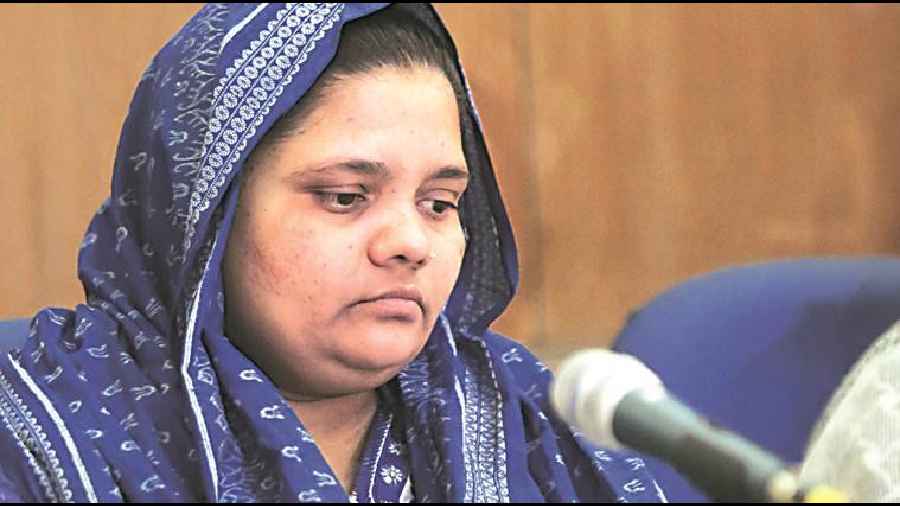The Supreme Court on Tuesday dismissed journalist Rana Ayyub’s plea challenging the jurisdiction of a Ghaziabad special court to try her in a money-laundering case lodged by the Enforcement Directorate.
Ayyub had argued that only a Mumbai court could take cognisance of the alleged offence.
A bench of Justices V. Ramasubramanian and J.B. Pardiwala said since the Prevention of Money Laundering Act (PMLA), 2002, encompassed various stages of the crime, the question of jurisdiction could be determined by the special court alone.
Ayyub had pleaded that she had collected funds online from different parts of the country and that since her bank account was initially attached by the ED in Mumbai, only a court in that city could try her and not the one in Ghaziabad where the agency had filed the chargesheet.
“But the said contention overlooks the six different types of processes or activities mentioned in Explanation (i) under Section 3 of the Act, as connected with proceeds of crime, namely, concealment, possession, acquisition, or use, etc,” Justice Ramasubramanian, who authored the judgment, said.
The bench said Ayyub initiated a crowdfunding campaign through an online platform named Ketto and ran three campaigns from April2020 to September 2021.
“From the pleadings on record, we are not able to make out (i) the number of persons who provided funds; and (ii)the places where the donors were located. The bank account of the petitioner in HDFC Bank, Koperkhairane Branch, Navi Mumbai, Maharashtra, is the ultimate destination, to which all funds reached. Therefore, Navi Mumbai, Maharashtra, is the place where the proceeds of crime were taken possession of (if they were actually proceeds of crime). Therefore, Navi Mumbai, Maharashtra, is a place where only one of the six different processes or activities listed in Section3 has been carried out,” the judgment said.
“The other activity namely the acquisition of the proceeds of crime (if they really are) has taken place in the virtual mode with people from different parts of the country/world transferring money online. If the acquisition has taken place in the real physical world, the difficulty with respect to the question of jurisdiction would have been lesser. Since acquisition has taken place in the virtual world, the places from where online transfers of money took place, are known only to the petitioner or perhaps their bankers,” it added.
The bench said that therefore, the question of territorial jurisdiction in the case required an enquiry into a question of fact as to the place where the alleged proceeds of crime were concealed or possessed or acquired or used.
“This question of fact will actually depend upon the evidence that unfolds before the trial court,” the bench said.
“We are of the view that the issue of territorial jurisdiction cannot be decided in a writ petition, especially when there is a serious factual dispute about the place/places of commission of the offence. Hence, this question should be raised by the petitioner before the special court, since an answer to the same would depend upon evidence as to the places where anyone or more of the processes or activities mentioned in Section 3 were carried out,” it added.
The bench said therefore, “giving liberty to the petitioner to raise the issue of territorial jurisdiction before the trial court, this writ petition is dismissed”.
The bench pointed out that under the PMLA, the special court constituted under Section 43(1) was empowered to try even the scheduled offence connected to the same.
“It is clear that the trial of the scheduled offence should take place in the special court which has taken cognisance of the offence of money laundering. In other words, the trial of the scheduled offence, insofar as the question of territorial jurisdiction is concerned, should follow the trial of the offence of money laundering and not vice versa.
“Clause (a) of sub-section(1) of Section 44 leaves no semblance of any doubt that the offence of money laundering is triable only by the special court constituted for the area in which the offence of money laundering has been committed,” Justice Ramasubramanian added.












